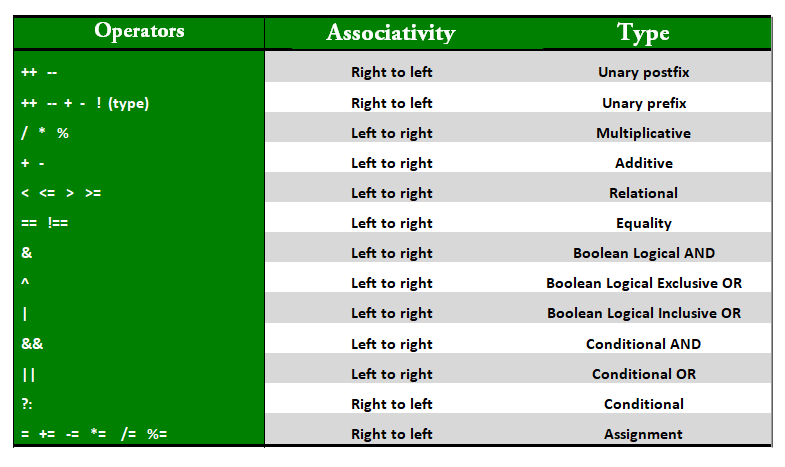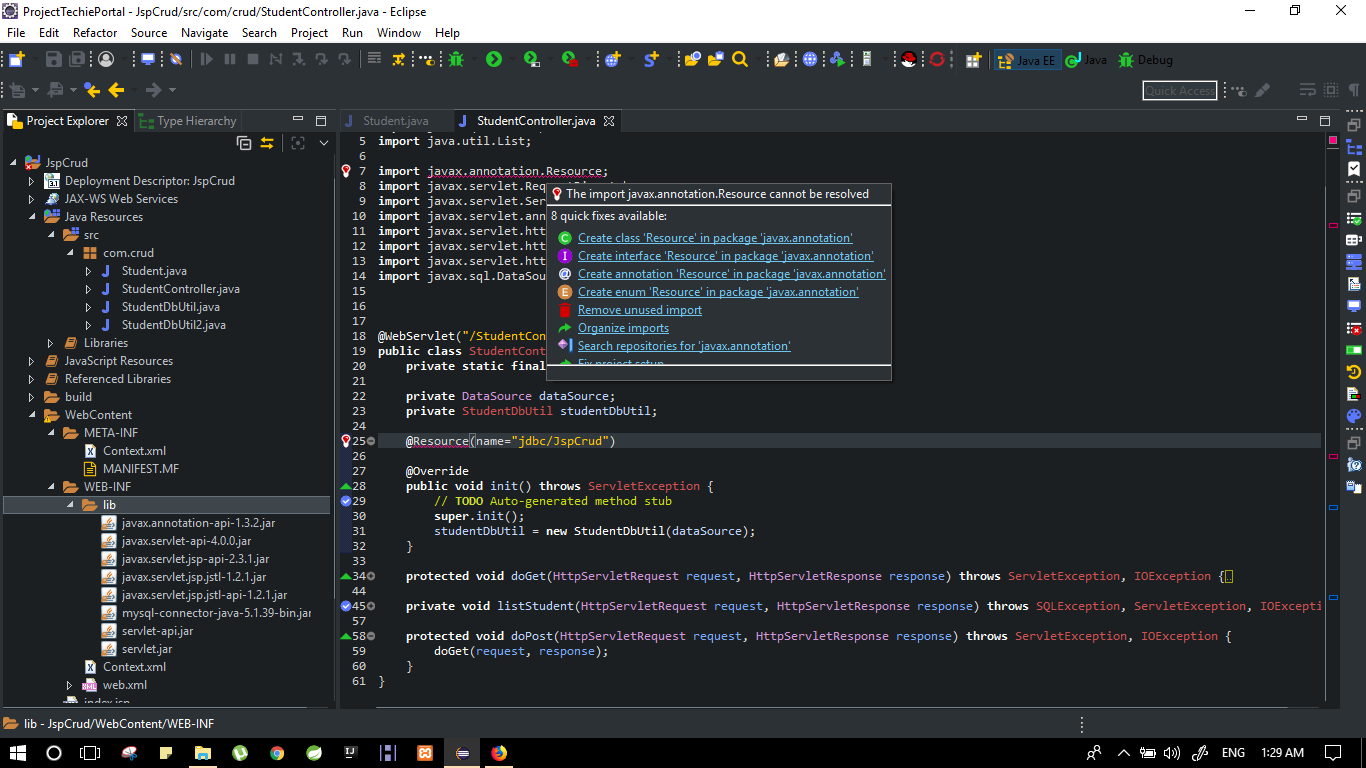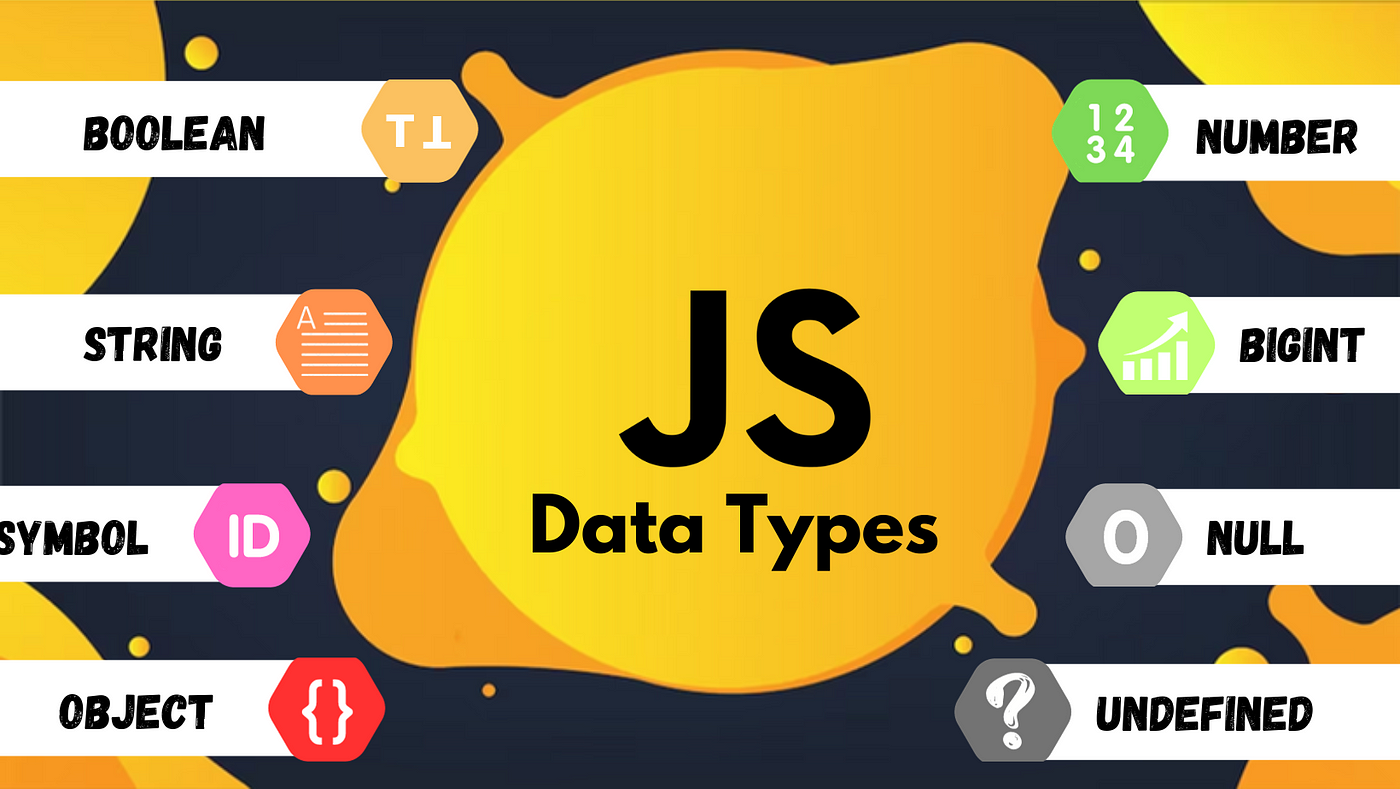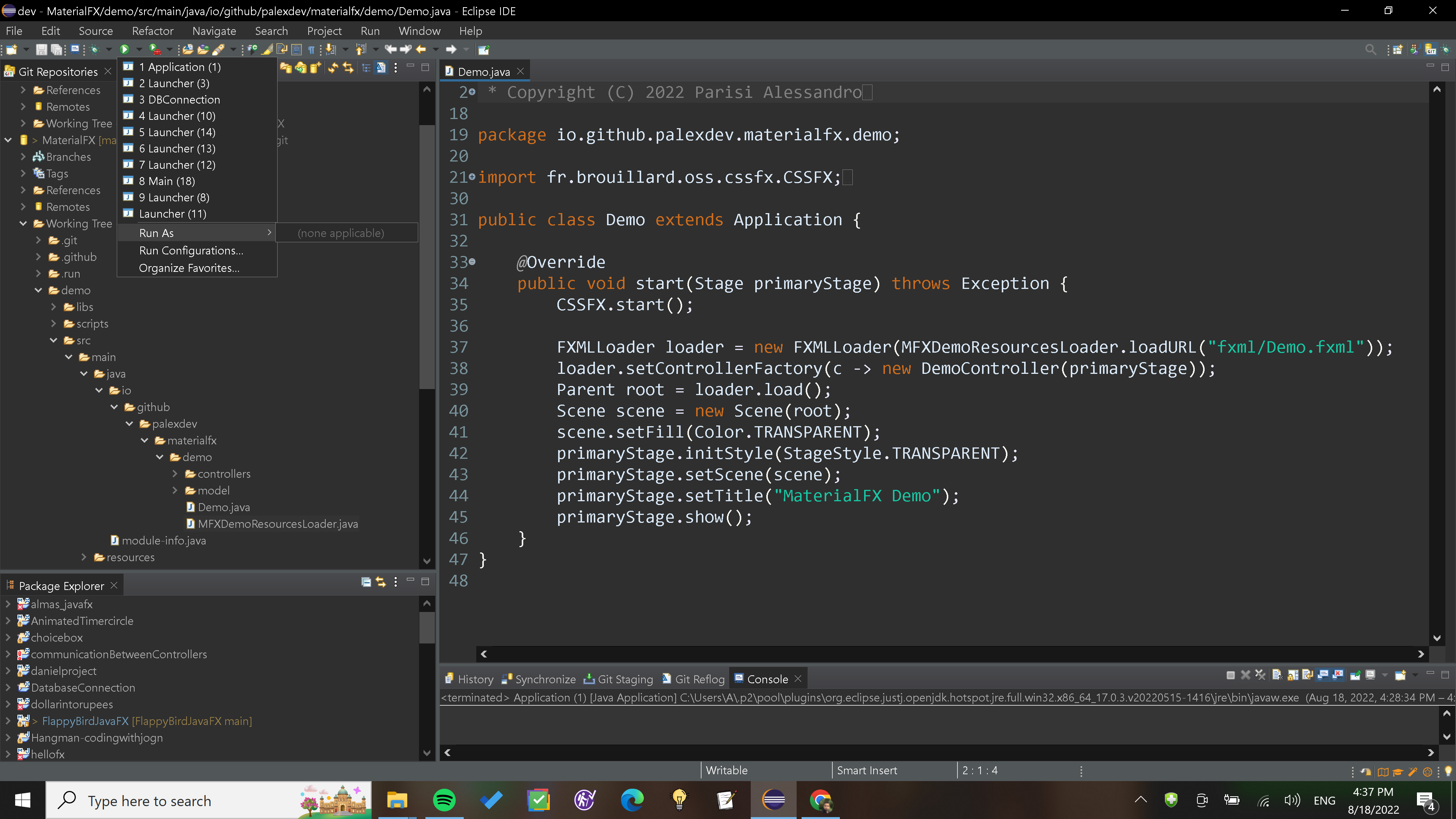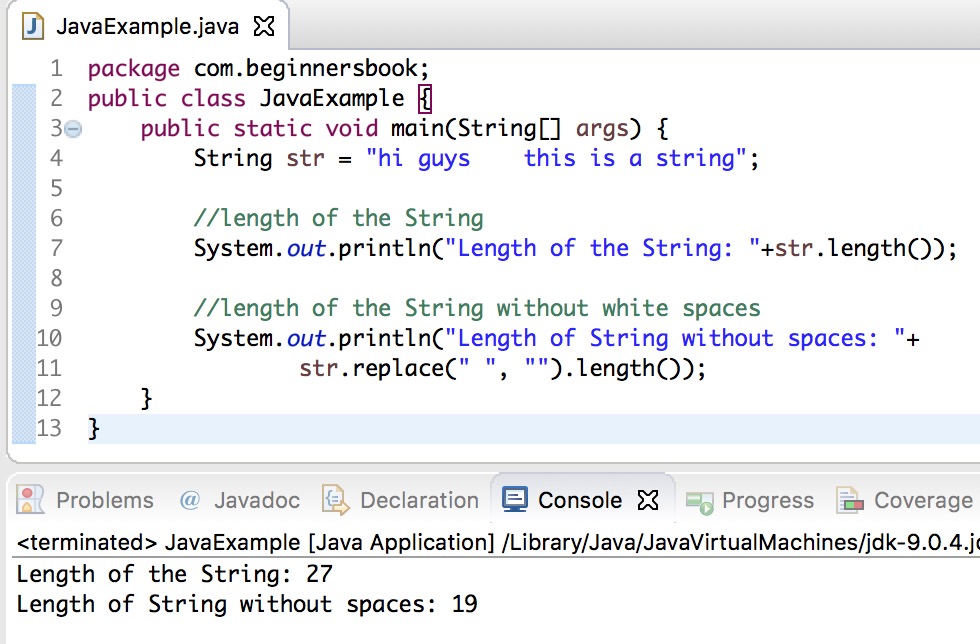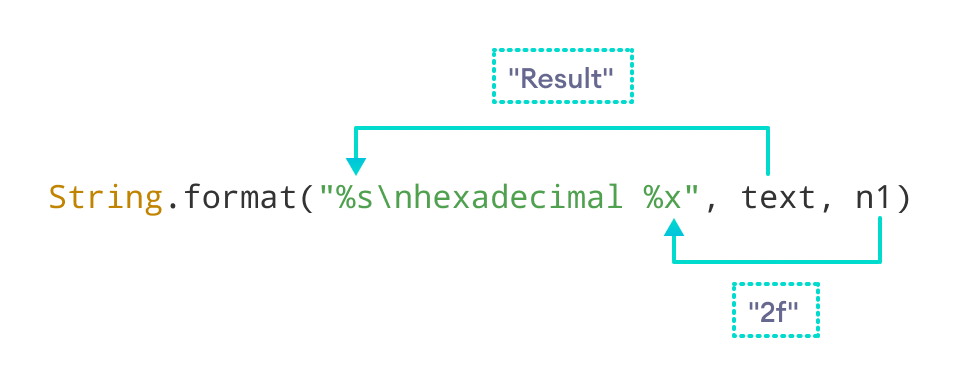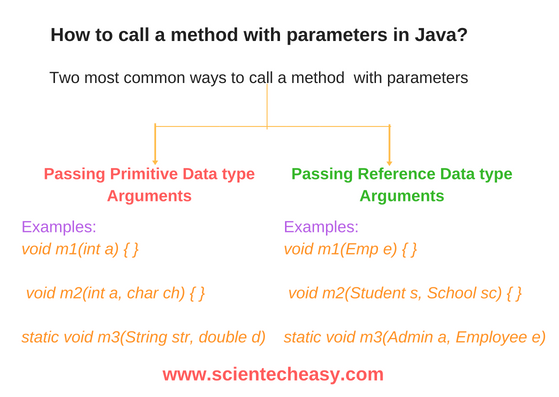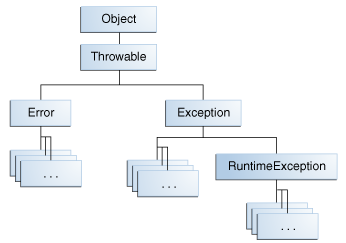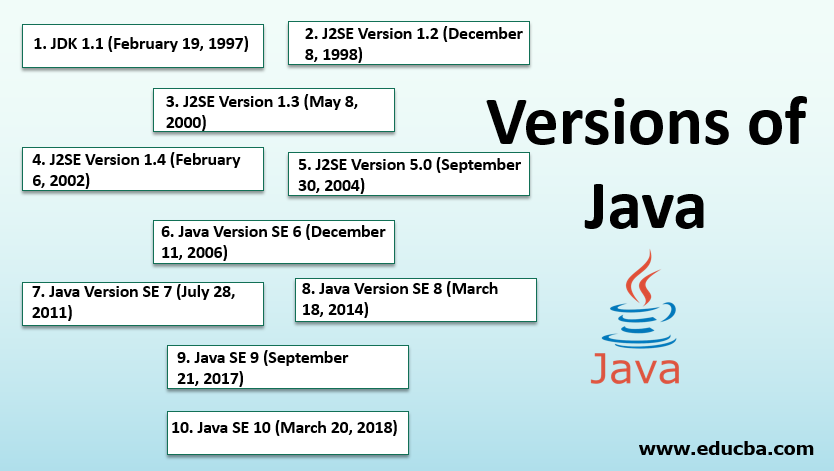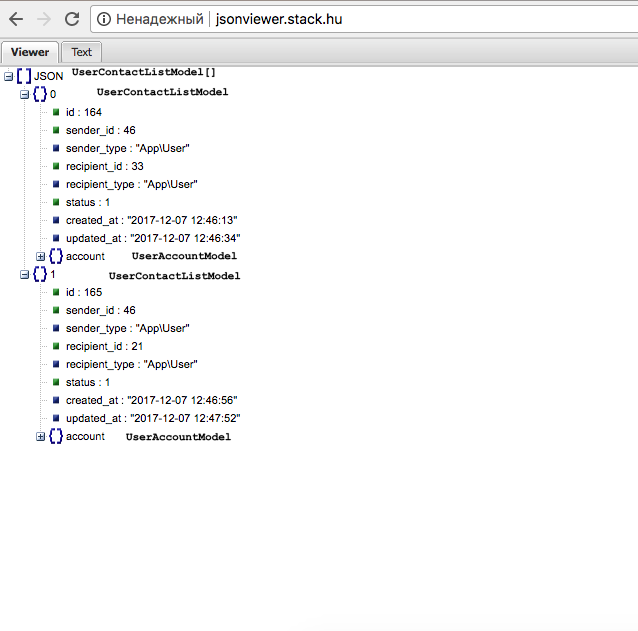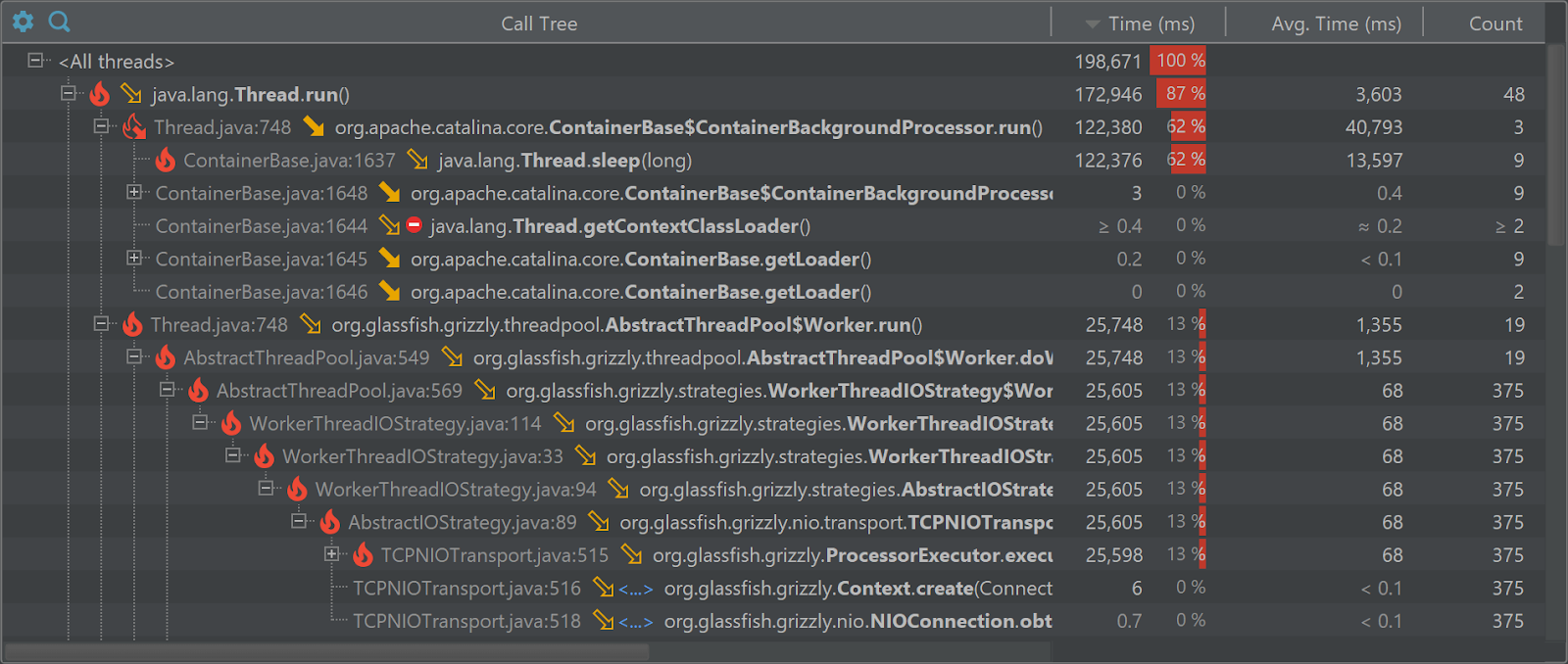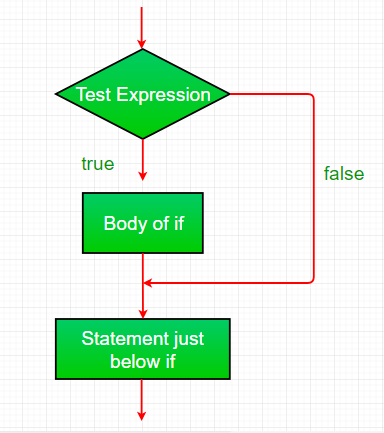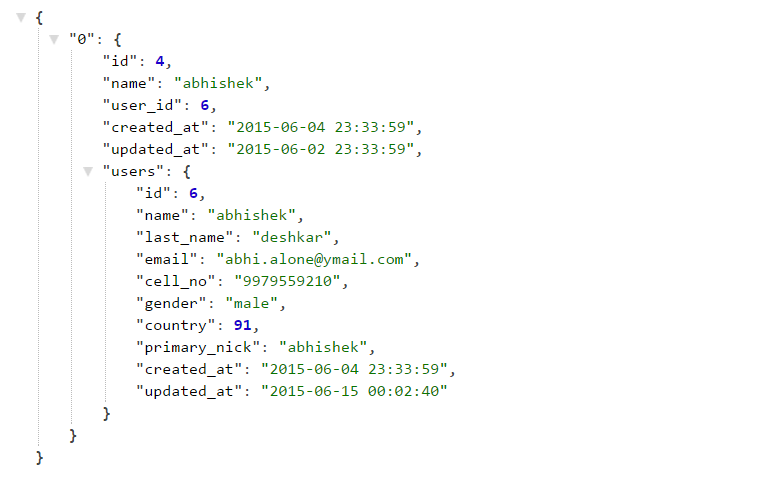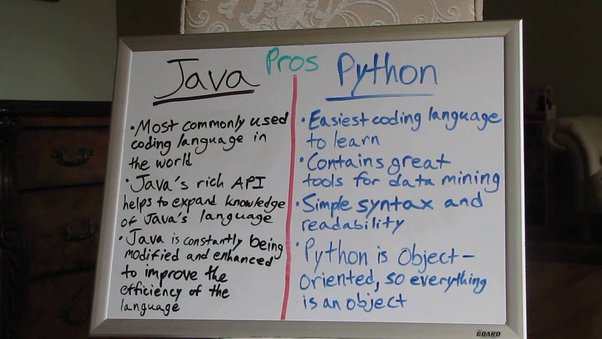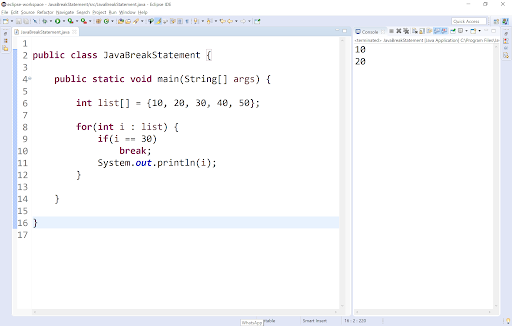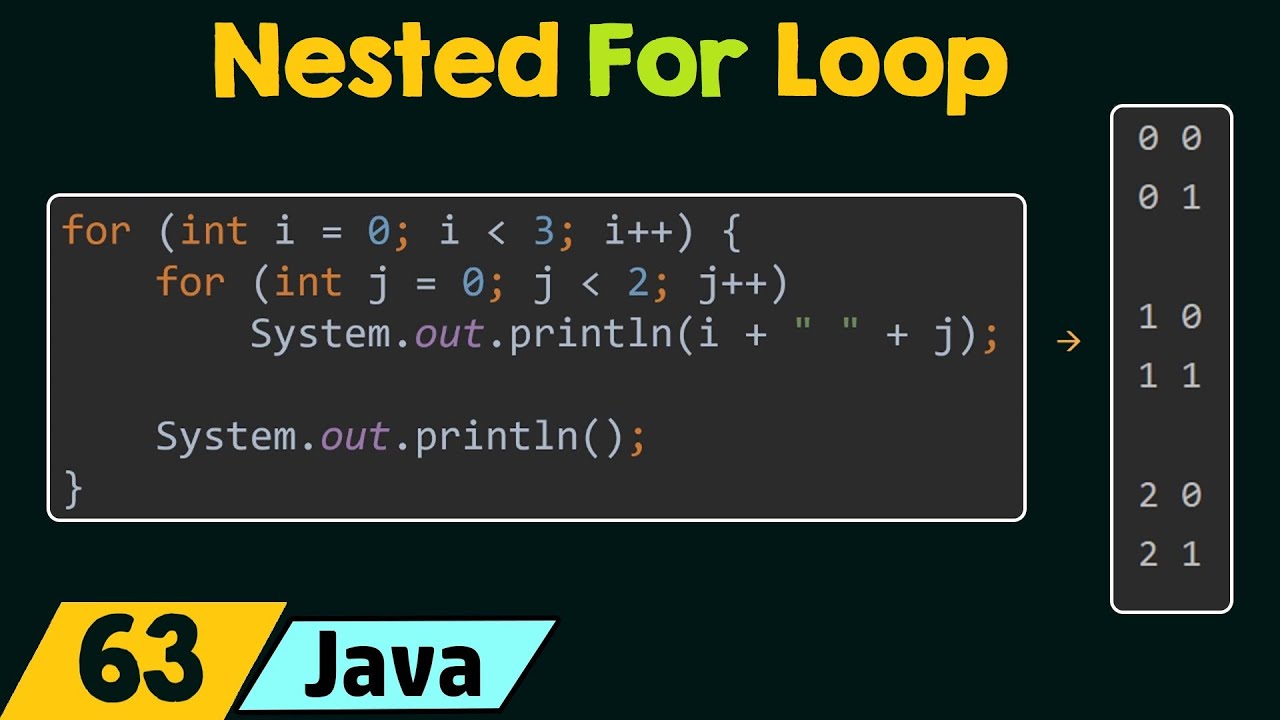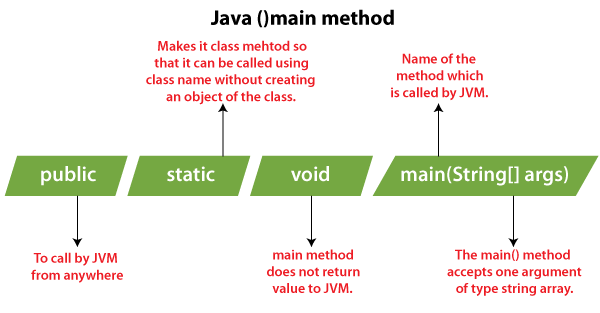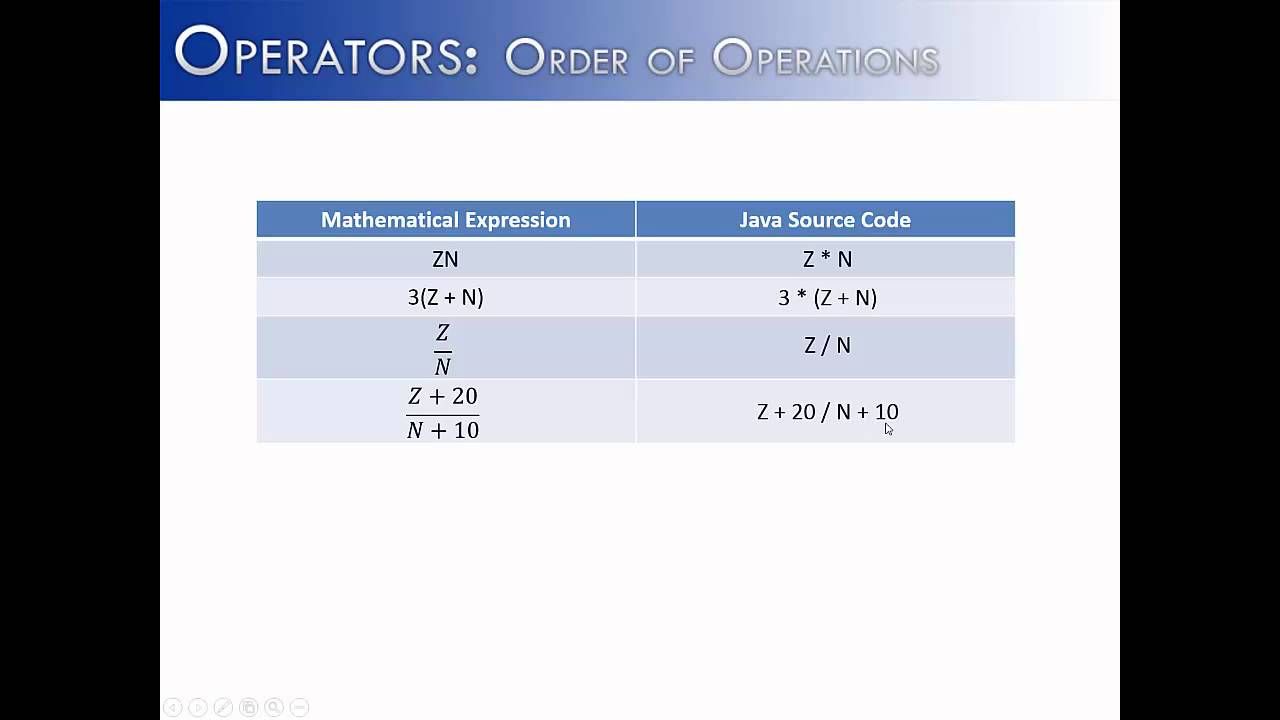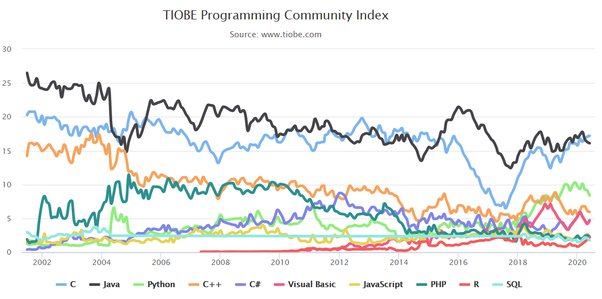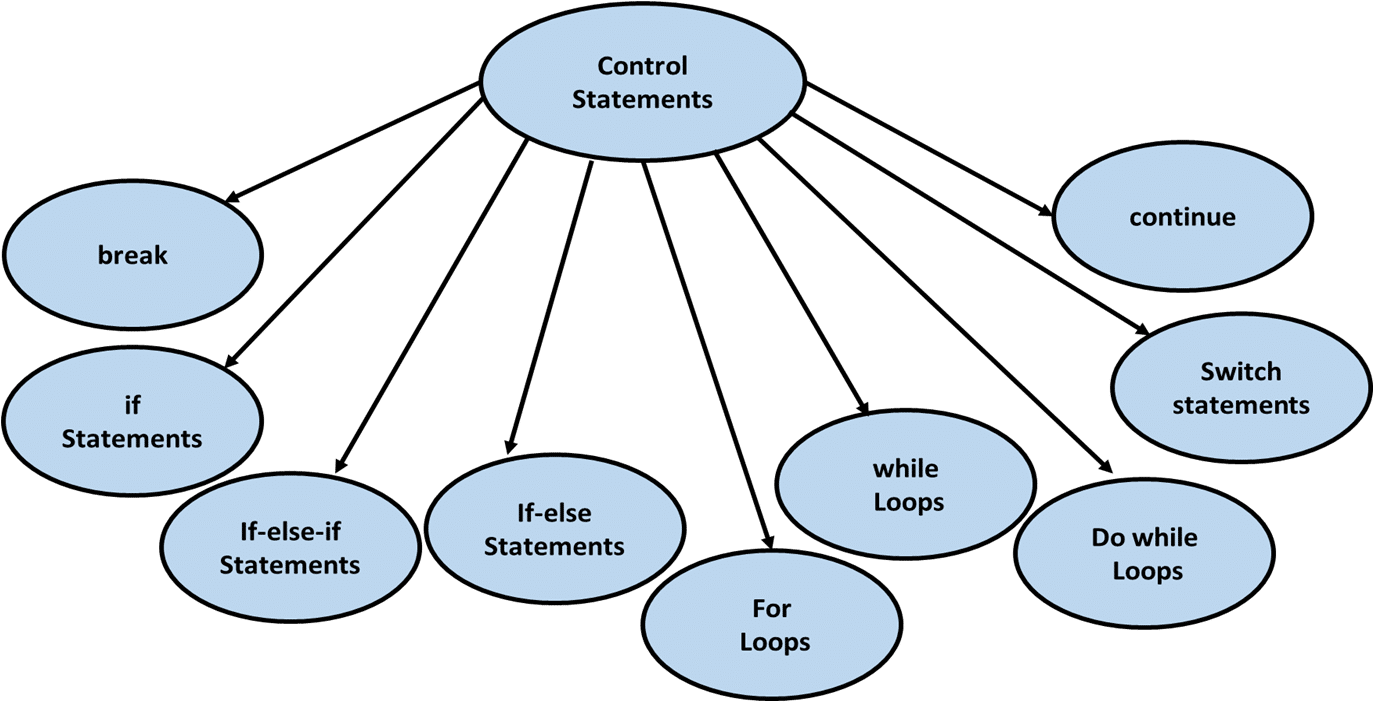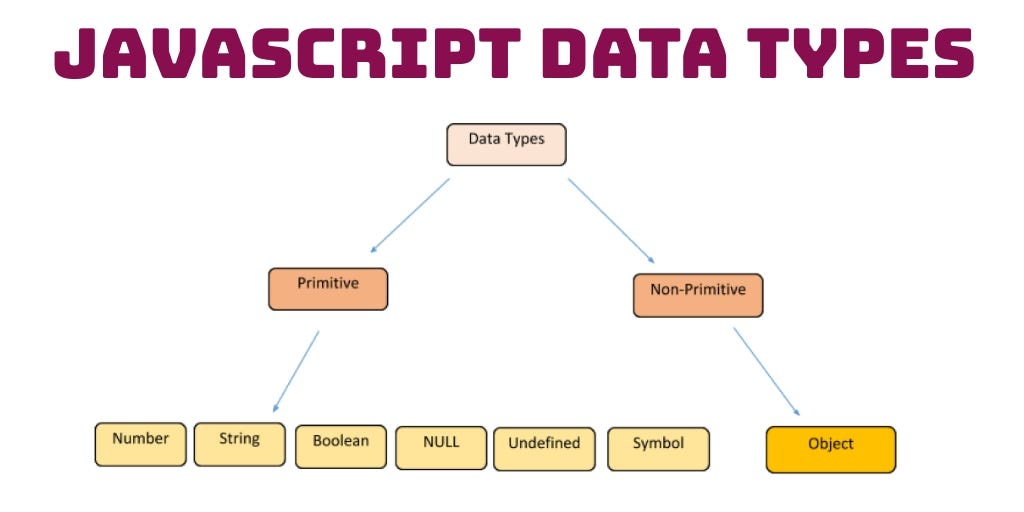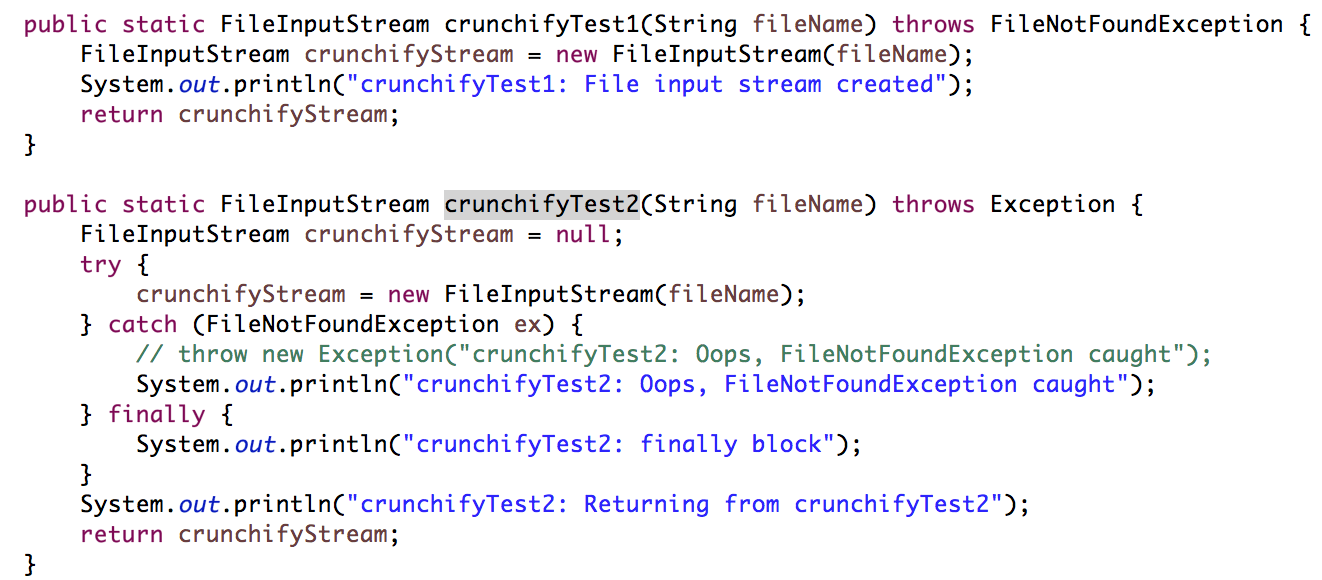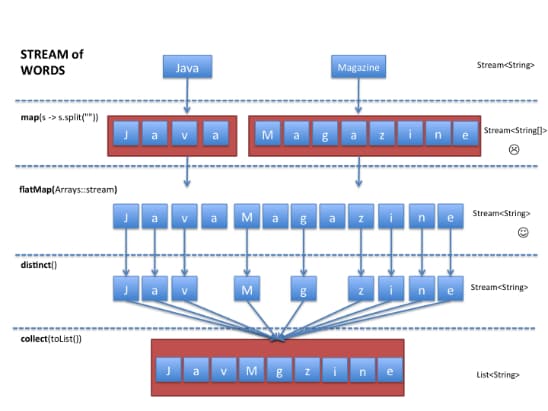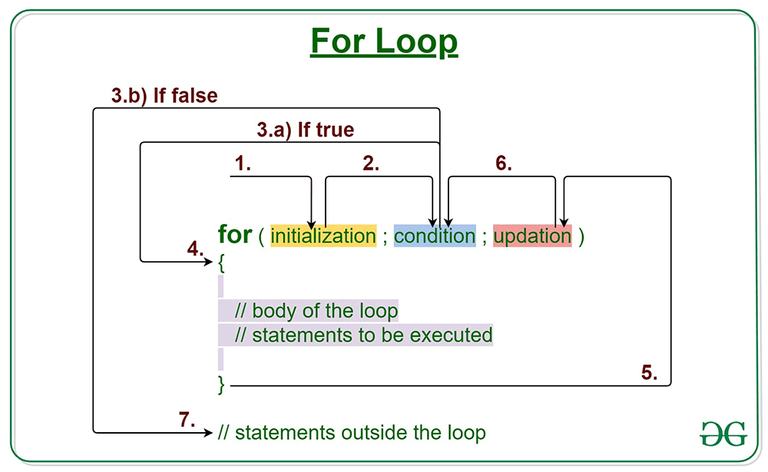What is an exception in Java?
What is an exception in Java?
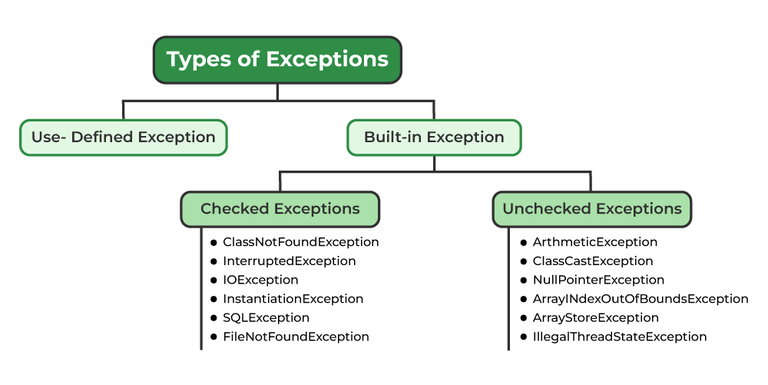
I'd be happy to explain what exceptions are in Java!
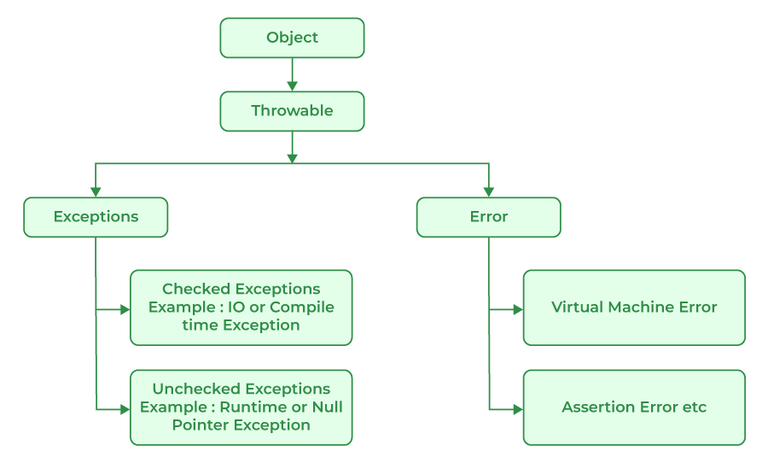
In Java, an exception is an event that occurs during the execution of a program that disrupts the normal flow of instructions. It's a way for the Java runtime environment (JRE) to signal that something unexpected has happened while your program was running.
Exceptions can occur when you try to do something that's not allowed or is impossible, such as:
Trying to divide by zero Attempting to access an array out of bounds Trying to convert a null value to a string A network connection failsWhen an exception occurs, the JRE immediately stops executing the current method and starts looking for a way to handle it. This process is called "exception handling". The goal is to catch and deal with the exception in a way that makes sense for your program.
There are two main types of exceptions:
Checked Exceptions: These are exceptions that you must explicitly catch using a try-catch block. Examples include IOException, ClassNotFoundException, and SQLException. Unchecked Exceptions (also known as runtime exceptions): These are exceptions that can occur at runtime, but they don't require explicit handling. Examples include NullPointerException, ArrayIndexOutOfBoundsException, and ClassCastException.When an exception is thrown, the JRE follows a specific process to handle it:
Throw: The exception is thrown by the code that encountered the problem. Catch: The Java runtime environment tries to catch the exception by looking for a matching catch block in the current method or its enclosing methods. Re-throw (optional): If the exception isn't caught, it's re-thrown to the next higher-level method until it's caught or reaches the top of the call stack.Java provides several ways to handle exceptions:
Try-catch block: Wrap potentially problematic code in a try block and catch any exceptions that might occur. Finally block: Use this for cleanup activities, such as closing resources, regardless of whether an exception was thrown or not. Throwing your own exceptions: You can create and throw custom exceptions to signal specific problems in your code.Mastering exception handling is crucial when building robust Java programs that can withstand unexpected errors. By understanding how exceptions work and using best practices for handling them, you'll be better equipped to write reliable and fault-tolerant code.
Was this explanation helpful?
user defined exception in java
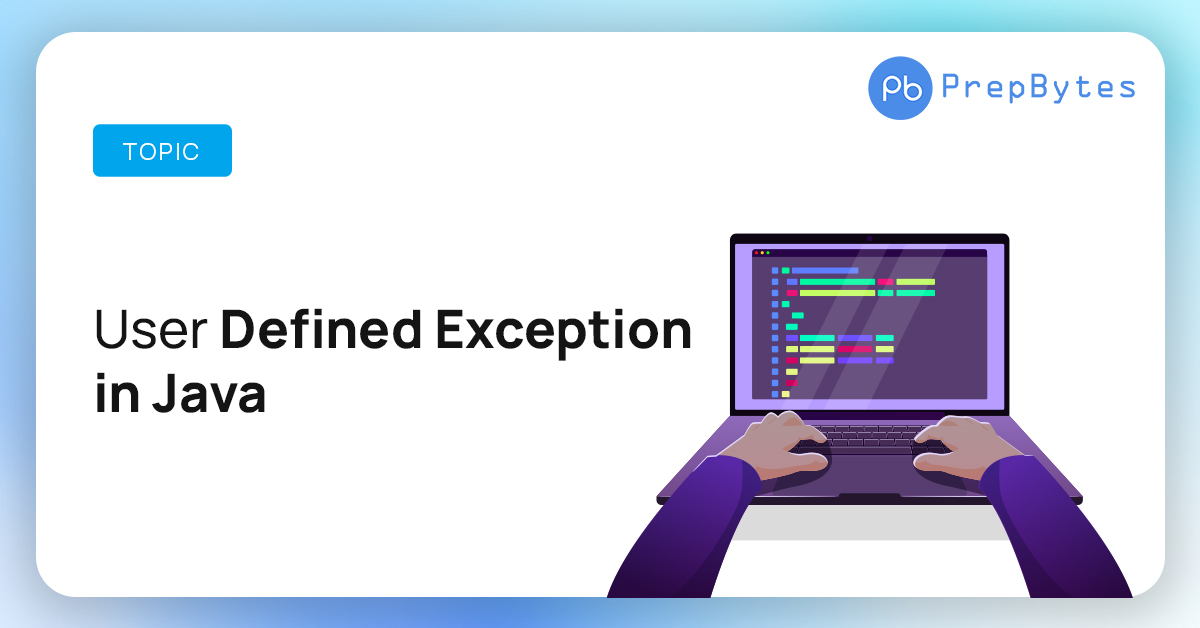
I'm happy to respond in English for this exceptional case!
Exception handling is a crucial concept in programming languages like Java. An exception is an event that occurs during the execution of a program, which disrupts the normal flow of execution. In Java, exceptions are used to handle runtime errors or unusual situations that may occur while a program is running.
To handle exceptions in Java, you can use try-catch blocks. The general syntax for a try-catch block is as follows:

try {
// code that might throw an exception
} catch (ExceptionType e) {
// code to handle the exception
}
In this syntax:

try block contains the code that might throw an exception. catch block contains the code that handles the exception. The type of exception is specified in parentheses, and it should match the type of exception thrown in the try block.
There are several types of exceptions in Java:
Checked Exceptions: These are exceptions that must be explicitly caught or declared using a throws clause. Unchecked Exceptions: These are runtime errors that are not checked at compile-time. Error: These are severe problems that prevent normal program execution, such as out-of-memory errors.You can also use the finally block to execute some code regardless of whether an exception was thrown or not:
try {// code that might throw an exception
} catch (ExceptionType e) {
// code to handle the exception
} finally {
// code to be executed regardless of whether an exception was thrown
}
In Java, you can also define your own exceptions using classes that extend the java.lang.Exception class. This is called a "custom exception" or "user-defined exception." For example:
public class CustomException extends Exception {public CustomException(String message) {
super(message);
}
}
To throw a custom exception, you can use the throw keyword:
if (someCondition) {throw new CustomException("This is a custom exception!");
}
In summary, exceptions in Java are used to handle runtime errors or unusual situations that may occur during program execution. You can define your own custom exceptions and use try-catch blocks to handle them.
Would you like me to elaborate on any specific aspect of Java exceptions or custom exceptions?

